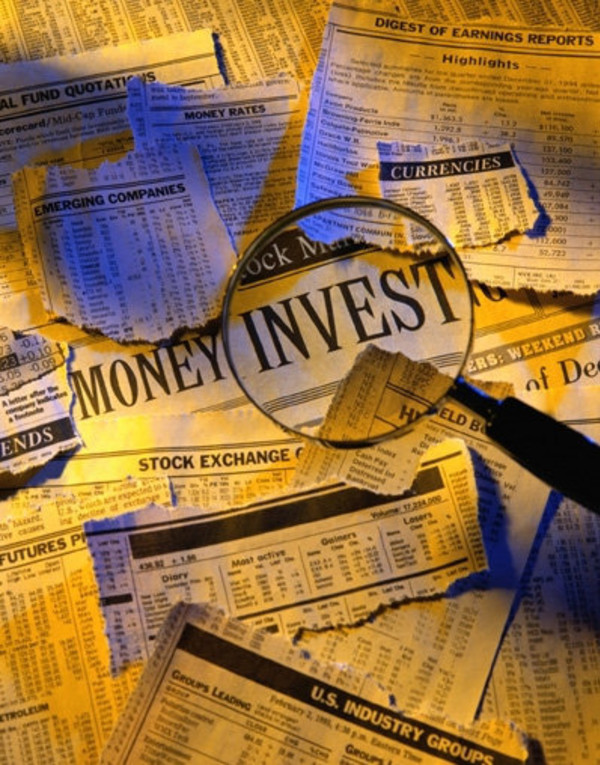

I will add another: bias is painfully bad for your wealth if you allow it to infiltrate your investment thinking unchecked.
The problem is that bias is all around us. We could barely operate without it, since it is the root of so much of our learning. Switch the light on and nothing happens? The bulb has probably blown. I say ‘probably’ because we know that the bulb is usually the culprit, despite there being maybe five other causes.
To survive we are conditioned to make quick-fire decisions. Our ancestors found out the hard way that the roar of a sabre-toothed tiger was a signal to sprint across the savannah, not pause and reflect on whether this noise may be caused by a thorn in his foot.
Cognitive biases, to give them their proper name, are errors in thinking that influence how we make decisions. They lead to misjudgement. Even if somebody tells you what your biases are, you cannot beat them. That is why they are biases.
But you can mitigate biases by knowing they are there and having a system and sticking to it. When it comes to investing, bias is a menace – and it comes in all shapes and sizes.
Investment biases
Here are a few of the biases that have torn holes in investors’ wallets for centuries.
Status quo bias. This is how, over time, humans get lulled into thinking that things will remain as they have been and forget to challenge the status quo. It afflicts long-term investors who, having studied a company in great detail before they invest, then sit back and assume it will remain a good investment.
To counter this, every three years, our fund holdings get reassessed as if we did not already own them. One analyst builds a ‘bear’ case. Another works on the ‘bull’ case. We then weigh up the arguments.
Charisma bias. When fund managers visit a company they meet the senior management. If there is a charismatic chief executive or founder/chairman then watch out. These people are superb salesmen, that’s how they got there. But your job is to assess the business, not invest in it because the boss is persuasive.
When we meet such managers we have a rule: we will not talk about the firm or even think of buying the shares for 48 hours afterwards. We then reflect on the hard-nosed facts of the company after the buzz of the leader’s strong personality has faded.
Loss aversion bias. Humans hate loss. They avoid thinking about it – this is dangerous. Aversion to loss in investing takes two forms.
Key points
- Bias is all around us and especially in investments
- Charisma bias is a dangerous form of bias
- Investing runs counter to human instincts
Take a company with a division that earns most of the profits and therefore drives the investment value. The bias tempts investors to focus on that even if the company also has bad divisions that can destroy value. This continues until it is too late and the bad bit has rendered the investment void.
Another form of loss aversion is preferring to avoid losses rather than make gains. This is why investors run losers and sell winners. You run a loser because you can not face up to the fact that you have had a loss. You hope for the best and because the loss is not crystallised you yearn for the day when you can sell at a profit.
One way to avoid this is to consider, ‘is loss aversion causing me to think differently about this company than if I wasn’t in a loss position?’.
That way you should be able to spot when you are fitting the facts to your reluctance to take a loss, rather than looking at them dispassionately.
Representativeness bias. This is when an investor infers too much from a small amount of information. Think of a shop that heavily promotes one item and thereby gets an unwarranted name for cheapness, that is representativeness bias.
For investors, extrapolating narrow assumptions is much more costly. Years ago we looked at a gaming business called Bwin.Party and then bought shares.
The UK market for Bwin was mature, regulated and (as we found out later) unlike every market that developed after it. We studied it carefully. But unfortunately we underestimated just how different the other 10 markets would become.
This and other headwinds meant that while we expected a more than doubling of revenues over three years, in fact, we were handed a small decline.
Avoid this by going back over your analysis and checking if you are basing your work on the extrapolation of a small sample.
Pot committed
Endowment bias is when we endow an asset with too much value because we own it. We humans view something that we own differently than if we didn’t own it. In other words, the problem for an investor is it makes it harder to sell and move on when the news is bad. If you did not own it, you would see bad news as bad news, but if you do own it, you make excuses.
Periodically subject your holdings to the test, ‘if someone suggested this to me as an investment today, would I want to buy it?’
Investing often runs counter to our human instincts. Sometimes we need to buy a business that has had a slew of bad news, or sell one that is cruising high. Biases will always be with us, but at least if we know what they are we have a chance to manage their impact.
Tristan Chapple is a partner at Phoenix Asset Management



